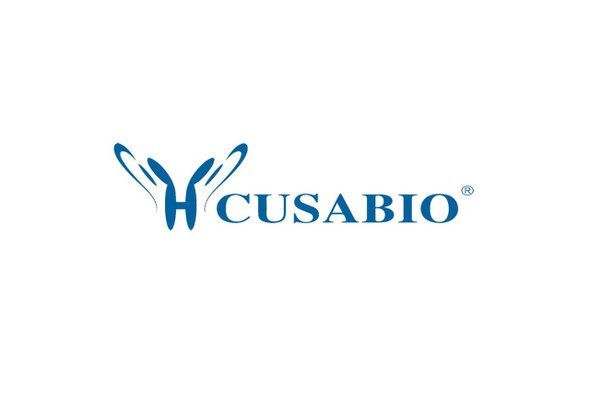Cusabio Escherichia coli Recombinants
Recombinant Escherichia coli Transposase for transposon Tn5 (tnpA) (E54K, L372P) | CSB-EP669378ENL(M)
- SKU:
- CSB-EP669378ENL(M)
- Availability:
- 13 - 23 Working Days
Description
Recombinant Escherichia coli Transposase for transposon Tn5 (tnpA) (E54K, L372P) | CSB-EP669378ENL(M) | Cusabio
Alternative Name(s): Transposase for transposon Tn5(EC 3.1.-.-)(Tnp)
Gene Names: tnpA
Research Areas: Others
Organism: Escherichia coli
AA Sequence: MITSALHRAADWAKSVFSSAALGDPRRTARLVNVAAQLAKYSGKSITISSEGSKAMQEGAYRFIRNPNVSAEAIRKAGAMQTVKLAQEFPELLAIEDTTSLSYRHQVAEELGKLGSIQDKSRGWWVHSVLLLEATTFRTVGLLHQEWWMRPDDPADADEKESGKWLAAAATSRLRMGSMMSNVIAVCDREADIHAYLQDKLAHNERFVVRSKHPRKDVESGLYLYDHLKNQPELGGYQISIPQKGVVDKRGKRKNRPARKASLSLRSGRITLKQGNITLNAVLAEEINPPKGETPLKWLLLTSEPVESLAQALRVIDIYTHRWRIEEFHKAWKTGAGAERQRMEEPDNLERMVSILSFVAVRLLQLRESFTPPQALRAQGLLKEAEHVESQSAETVLTPDECQLLGYLDKGKRKRKEKAGSLQWAYMAIARLGGFMDSKRTGIASWGALWEGWEALQSKLDGFLAAKDLMAQGIKI
Source: E.coli
Tag Info: Tag-Free
Expression Region: 1-476aa(E54K,L372P)
Sequence Info: Full Length
MW: 53.4 kDa
Purity: Greater than 85% as determined by SDS-PAGE.
Relevance: Mediates transposition of transposon Tn5 by a 'cut and paste' mechanism. First, the monomeric transposase binds the 19 bp inverted DNA repeats flanking the transposon. Then, dimerization of the DNA-bound transposase creates a synaptic DNA complex. After nicking of the first DNA strand, excision of the transposon proceeds through a series of intermediates. The transposase then mediates the insertion of the transposon at a new site by strand transfer. The activity of the wild-type transposase is very low, and is further inhibited by dimerization with the transposase inhibitor (inh).
Reference: "Evidence for 'unseen' transposase-DNA contacts." Steiniger-White M., Bhasin A., Lovell S., Rayment I., Reznikoff W.S. J. Mol. Biol. 322:971-982(2002)
Storage: The shelf life is related to many factors, storage state, buffer ingredients, storage temperature and the stability of the protein itself. Generally, the shelf life of liquid form is 6 months at -20?/-80?. The shelf life of lyophilized form is 12 months at -20?/-80?.
Notes: Repeated freezing and thawing is not recommended. Store working aliquots at 4? for up to one week.
Function:
Involvement in disease:
Subcellular Location:
Protein Families:
Tissue Specificity:
Paythway:
Form: Liquid or Lyophilized powder
Buffer: If the delivery form is liquid, the default storage buffer is Tris/PBS-based buffer, 5%-50% glycerol. If the delivery form is lyophilized powder, the buffer before lyophilization is Tris/PBS-based buffer, 6% Trehalose, pH 8.0.
Reconstitution: We recommend that this vial be briefly centrifuged prior to opening to bring the contents to the bottom. Please reconstitute protein in deionized sterile water to a concentration of 0.1-1.0 mg/mL.We recommend to add 5-50% of glycerol (final concentration) and aliquot for long-term storage at -20?/-80?. Our default final concentration of glycerol is 50%. Customers could use it as reference.
Uniprot ID: Q46731
HGNC Database Link: N/A
UniGene Database Link: N/A
KEGG Database Link: N/A
STRING Database Link: N/A
OMIM Database Link: N/A






